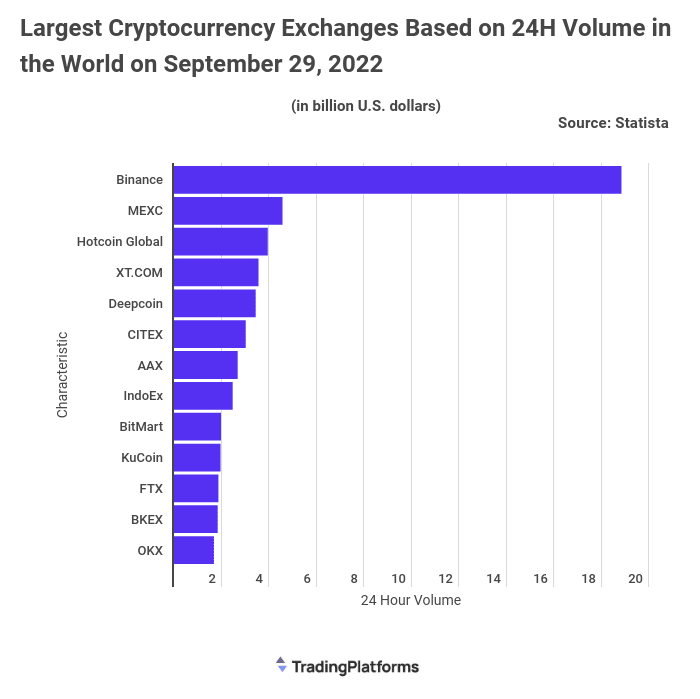Decentralized exchanges (DEX) enable cryptocurrency buyers and sellers to trade their digital assets. DEX allows traders to transact at a price set by a protocol created using smart contracts built on the blockchain. As traders carry out their transactions, the platforms deduct their exchange fees. According to TradingPlatforms.com, decentralized exchanges have earned over $6B in fees in the last year.
Commenting on the data, StockApps specialist Edith Reads said. “It is interesting to see that decentralized exchanges have been able to earn such a high amount in fees, given that they are relatively new to the scene. This just goes to show how popular these types of platforms are becoming with traders.”
She continued, “I think we can expect to see this trend continue in the future as more and more people turn to decentralized exchanges for their trading needs.”
DEXs Continue to Grow
Although the first DEX surfaced in 2014, these platforms did not take off until DeFi came out. DeFi triggered blockchain services and made them famous. As a result, DEXs overcame their previous hindrance and scaled up.
Users can now leverage their holdings by borrowing money or earn interest by lending. Moreover, they can provide liquidity in return for trading fees on DEXs.
The self-executing smart contracts on these platforms are critical in developing more use cases. For instance, they made Flash loans available and are a success.
Because there is no broker, most DEXs are not subject to Know-Your-Customer (KYC) or Anti-Money-Laundering (AML) regulations and have low counterparty risk.
Uniswap is the most dominant DEX, with almost 45% of exchanges taking place on the platform.
Centralized Exchanges and Decentralized Exchanges
DEXs have grown in popularity alongside more conventional centralized exchanges (CEXs). Compared to traditional exchanges, DEXs use smart contracts to automate the buying and selling of digital assets. This allows trades to take place instantly and at lower fees than CEX.
DEXs adopt a non-custodial structure in the absence of intermediaries. This implies people will be in charge of maintaining and safeguarding their Bitcoin wallets and private keys. Users who value complete control of their funds will appreciate the benefits of keeping their private keys safe in their own hands.


Question & Answers (0)